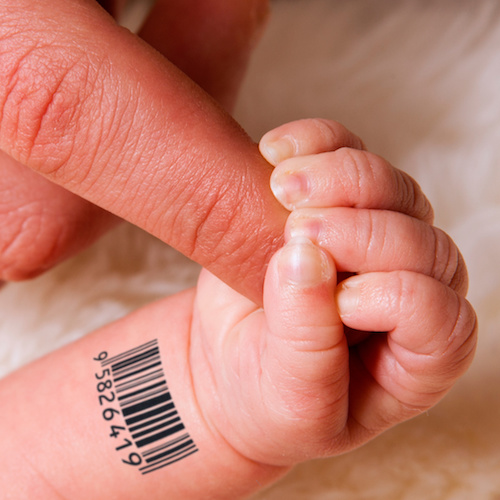 Culture & Ethics
Culture & Ethics
 Medicine
Medicine
Commodifying Human Life

Human life is increasingly commodified, and nascent human beings treated as mere objects and chattel. We see this in the efforts to perfect human cloning techniques, embryos manufactured as an experiment, and in the increasingly profitable surrogacy industry.
Now we see it in a California court ruling enforcing a contract to destroy frozen embryos in the event of a divorce. From the San Francisco Chronicle story:
A judge ruled Wednesday that the frozen embryos of a divorced San Francisco couple must be thawed and destroyed despite the ex-wife’s desire — over her former husband’s objections — to use them to become pregnant.
The decision by Superior Court Judge Anne-Christine Massullo clarifies in an era of emerging reproductive technologies what happens to frozen embryos in California when one person in a dispute wants them and the other one doesn’t. The judge said that directives signed by the couple agreeing that the embryos be “thawed and discarded” in the event of a divorce must be respected.
It seems to me such agreements should be unenforceable as against public policy. We are not talking about dividing furniture or a contract to sell a house in the event of divorce. The contract requires the destruction of nascent human life. Perhaps if people knew that an agreement to destroy embryos wasn’t enforceable, they would think long and hard before bringing them into being.
Of course, a bioethicist approves:
Stanford medical ethicist David Magnus was not surprised at the ruling, considering that state courts in such cases have made similar rulings.
Magnus said the courts have been reluctant to enforce parenthood on someone who does not want to be a parent and have put great weight on contractual agreements made in advance. “It’s just hard to imagine any circumstance in this case where the court would have ruled differently than it did,” said Magnus, who directs the Stanford Center for Biomedical Ethics.
Parenthood would not be “forced” if the embryos were brought to term. Stephen Findley is already a “parent”! He became a father once he voluntarily provided sperm and his wife’s eggs were successfully fertilized.
We have become such a selfish people. We will move heaven and earth to get what we want — perhaps even implant uteruses into men so they can become mothers — until we decide we don’t want it. Then, we destroy.
I hope this ruling is overturned on appeal. It is antithetical to the intrinsic dignity of human life.
Image: � ThorstenSchmitt / Dollar Photo Club.
